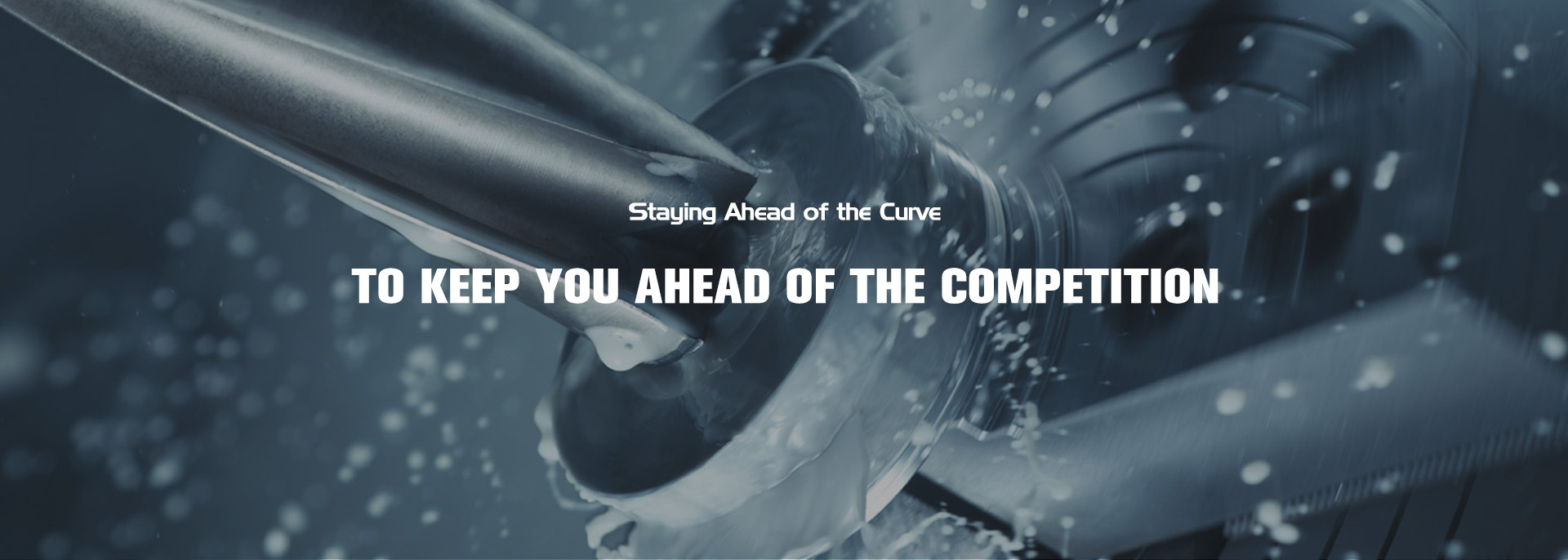
- Afrikaans
- Albanian
- Amharic
- Arabic
- Armenian
- Azerbaijani
- Basque
- Belarusian
- Bengali
- Bosnian
- Bulgarian
- Catalan
- Cebuano
- Corsican
- Croatian
- Czech
- Danish
- Dutch
- English
- Esperanto
- Estonian
- Finnish
- French
- Frisian
- Galician
- Georgian
- German
- Greek
- Gujarati
- Haitian Creole
- hausa
- hawaiian
- Hebrew
- Hindi
- Miao
- Hungarian
- Icelandic
- igbo
- Indonesian
- irish
- Italian
- Japanese
- Javanese
- Kannada
- kazakh
- Khmer
- Rwandese
- Korean
- Kurdish
- Kyrgyz
- Lao
- Latin
- Latvian
- Lithuanian
- Luxembourgish
- Macedonian
- Malgashi
- Malay
- Malayalam
- Maltese
- Maori
- Marathi
- Mongolian
- Myanmar
- Nepali
- Norwegian
- Norwegian
- Occitan
- Pashto
- Persian
- Polish
- Portuguese
- Punjabi
- Romanian
- Russian
- Samoan
- Scottish Gaelic
- Serbian
- Sesotho
- Shona
- Sindhi
- Sinhala
- Slovak
- Slovenian
- Somali
- Spanish
- Sundanese
- Swahili
- Swedish
- Tagalog
- Tajik
- Tamil
- Tatar
- Telugu
- Thai
- Turkish
- Turkmen
- Ukrainian
- Urdu
- Uighur
- Uzbek
- Vietnamese
- Welsh
- Bantu
- Yiddish
- Yoruba
pressure washer for car psi
The Importance of a Pressure Washer for Car Maintenance A Focus on PSI
When it comes to maintaining the appearance and integrity of your vehicle, a pressure washer can be an invaluable tool. It's not just about aesthetics; regular cleaning can prevent the buildup of dirt, grime, and corrosive elements that could damage your car over time. However, not all pressure washers are created equal, especially when considering their PSI (pounds per square inch) ratings. Understanding the right PSI for washing your car is crucial for effective and safe cleaning.
What is PSI?
PSI stands for pounds per square inch and is a measure of pressure that determines how much force a pressure washer's water stream can deliver. Higher PSI units can remove tougher stains but they can also cause damage if not used correctly. For car washing, finding the right balance is essential. While you might think that a higher PSI is always better, it can lead to unintended consequences such as paint damage, chipped surfaces, or even stripping away protective coatings.
Ideal PSI for Car Washing
For car maintenance, a pressure washer with a PSI range of 1200 to 1900 is ideal. This level of pressure is powerful enough to clean dirt, road grime, and bird droppings without risking harm to your vehicle's paint job. Many professionals recommend using pressure washers at the lower end of this spectrum to start, especially if you’re new to using this type of equipment.
Benefits of Using a Pressure Washer
1. Effective Cleaning Pressure washers can blast away dirt and debris that a traditional hose may struggle with. The concentrated force allows you to clean hard-to-reach areas and intricate designs on the body of your car.
2. Time-Saving Cleaning your car with a pressure washer can significantly cut down on the time it takes compared to handwashing. The high-pressure spray can cover large areas quickly.
3. Various Attachments Many pressure washers come with different nozzles and attachments that allow for more versatile cleaning options. You can adjust the spray pattern or switch to a foam cannon for a more thorough wash.
pressure washer for car psi

4. Environmentally Friendly Using a pressure washer often uses less water than traditional washing methods. Since water is delivered at high pressure, you can clean efficiently without the need for excessive amounts of water.
Tips for Using a Pressure Washer on Your Car
1. Choose the Right Nozzle Various nozzles reduce the pressure of the water stream. A 25-degree or 40-degree nozzle is usually recommended for washing cars, as they provide a gentle spray that won’t harm the paint.
2. Maintain Distance It’s crucial to keep the nozzle at least 18-24 inches away from the car’s surface. This distance helps to prevent damage that could occur if the high-pressure water is directed too closely.
3. Pre-Rinse Before applying soap or a cleaning solution, pre-rinse your vehicle to loosen up stubborn dirt. This will make the cleaning process more effective without the need to use very high pressure.
4. Use Soap Safely Opt for car-specific cleaning soaps that won’t strip wax or damage finishes. Many pressure washers can accommodate foam cannon attachments that mix soap with water for optimal cleaning.
5. Rinse Thoroughly After cleaning, ensure you rinse off all soap and residue. Leaving soap on can lead to streaks or residue that may degrade the finish of your vehicle.
6. Dry the Vehicle After washing and rinsing, dry your car using a microfiber towel or a dedicated drying cloth to prevent water spots.
Conclusion
Investing in a pressure washer for car maintenance can make a significant difference in keeping your vehicle clean and well-maintained. By understanding the appropriate PSI required for car washing and following best practices, you can achieve professional-level results without the risk of damaging your paint or surfaces. As with any cleaning tool, knowledge and care are key to ensuring that you protect your vehicle while enjoying the benefits of effective cleaning. With the right approach, your car can maintain that showroom shine for years to come.
-
Safe and Effective Use of Auto Detailing Pressure WasherNewsJun.04,2025
-
Overcoming Challenges in Operating Automatic Car Wash Equipment for SaleNewsJun.04,2025
-
Maintenance Tips for Car Under Wash MachineNewsJun.04,2025
-
Energy Efficiency Upgrades for Modern Car Wash Tunnel EquipmentNewsJun.04,2025
-
Eco-Friendly Car Detail Equipment For Sale Revolutionizing the IndustryNewsJun.04,2025
-
Customizing Automated Car Wash Brushes for SaleNewsJun.04,2025



